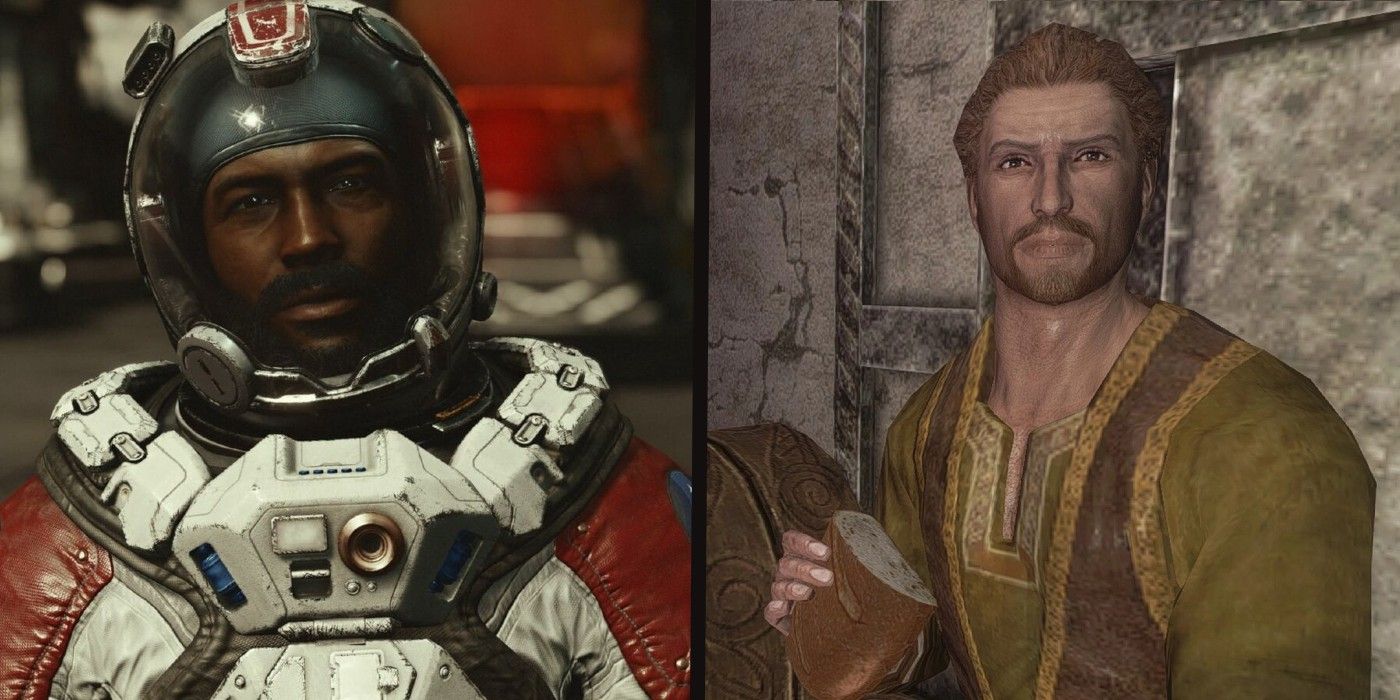When going into an audition, make sure you understand whether the gig will be recorded in a studio or you’ll be expected to use your own equipment at home. For those who have the personal budget to get a new mic and accessories, check out the audio gear section of our guide to starting a podcast for relevant recommendations. In addition, read WIRED product writer and reviewer Eric Ravenscraft’s thoughts on the popular HyperX Quadcast S.
You don’t need to identify as a frequent gamer to land roles in video games, but you should be familiar with the medium’s structures. Schoeffling recommends at least watching other people play. “The cadence and the energy and the speed. It’s different from animation. It’s different from film,” she says. Watching long-form Twitch streams or YouTube videos gives you a better idea of how other actors approach video games.
What kinds of things do actors who play games in their free time need to understand about the development side? Schoeffling says, “I think the biggest thing to understand about game development is that it’s a long process. It’s typically not something that happens in a year; it’s something that typically happens in two to three years, sometimes seven.”
Try your best to resign from shitposting on Twitter, as hard as that may be. Schoeffling confirms that actors do get passed over in the competitive marketplace due to the leaking of information or public airing of grievances on social media. Actors will also often be asked to sign nondisclosure agreements. She says, “I think that expecting an NDA or expecting that you are basically under NDA, even if you haven’t signed one, is a great practice. Discretion is hugely important.”
Rejection is part of any burgeoning actor’s routine, and Schoeffling encourages people to grasp that a lot of the decision-making process is out of their control. It’s possible to lose out on roles for reasons that have nothing to do with your demo reel or pre-tape. For example, you could miss a callback because your voiceprint sounds a little bit too close to someone they already picked. Now, stop being so harsh on yourself! Seriously.
“Actors will submit hundreds of auditions and hear nothing. The only thing you know is that you’re still getting auditions,” says Schoeffling. Don’t come into an audition expecting words of affirmation. Find people that you can trust, online or in-person, who will dole out encouragement.
As an actor, it’s important to prioritize your mental health. Find laid-back hobbies or other modes of self-expression so your passion for acting does not become all-encompassing. Yes, you can make money acting for video games, but relying on it to be your sole source of income from the get-go is not financially prudent. Schoeffling says, “I know a few actors who have decided to have another career in addition to acting so that the pressure is not on every single one of their auditions to make their living.” There’s no shame in having passion for a creative pursuit that doesn’t pay your bills.
Although it’s not always an option, actors from underrepresented backgrounds who publicly disclose their identity may receive attention from casting directors. “If you are comfortable with making sure that the outside world knows your background and your identity, those things really help us when we’re searching,” she says. “Yes, we search on the actor sites and whatnot, but we’re also on Instagram.” Look into groups like the People of Global Majority’s voiceover list, Voices of Color, and Queer Vox for more resources created to benefit underrepresented actors.
Be protective of your labor and keep an eye out for exploitative situations. The job of a video game actor is not particularly luxurious, even if this is your dream career. Finding a supportive community can be as crucial as drinking plenty of water and clearly enunciating. Despite the lack of mainstream recognition, Schoeffling is optimistic about the future of the industry for actors. She says, “There’s starting to be a lot more respect put on games from the entertainment world.”

























































